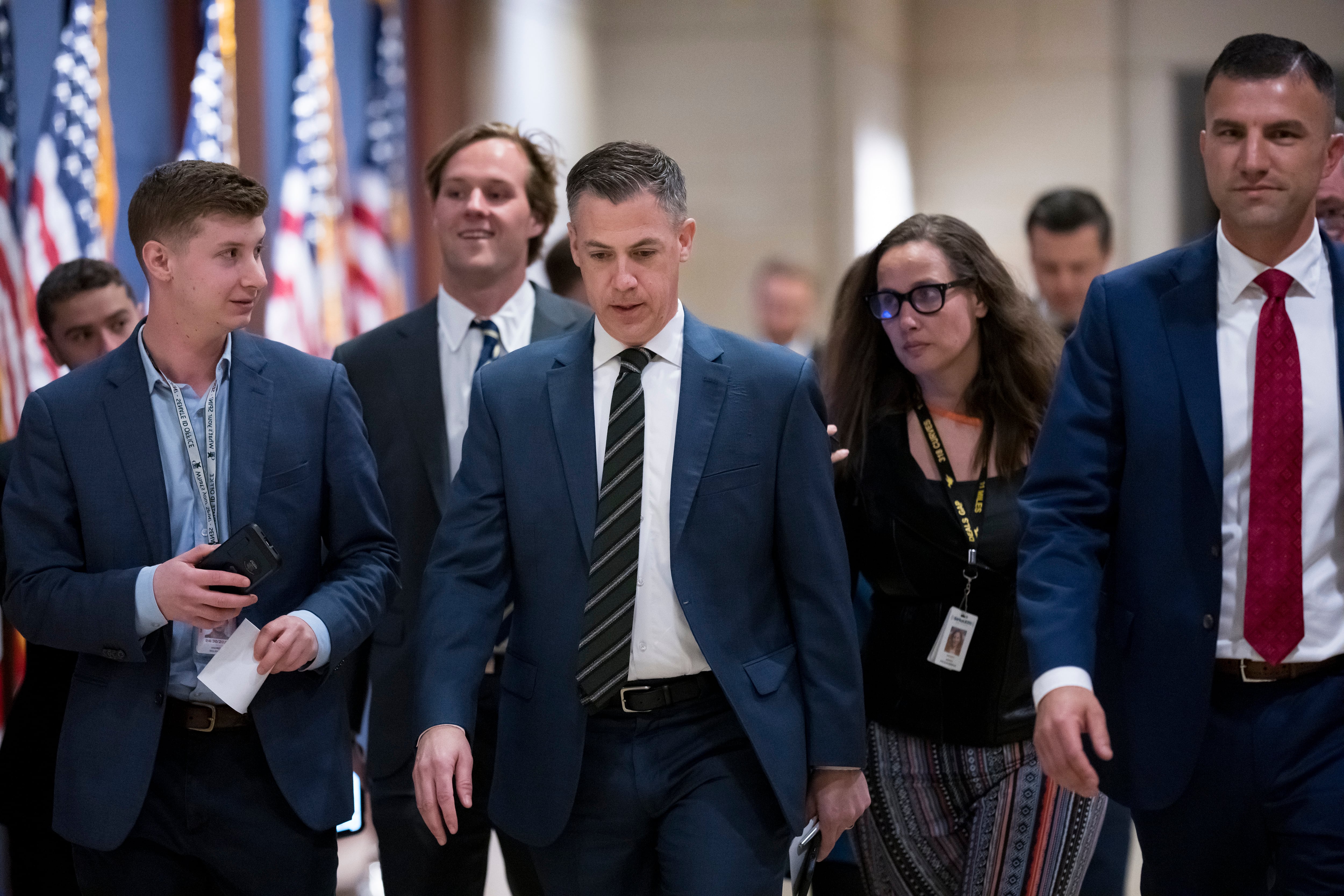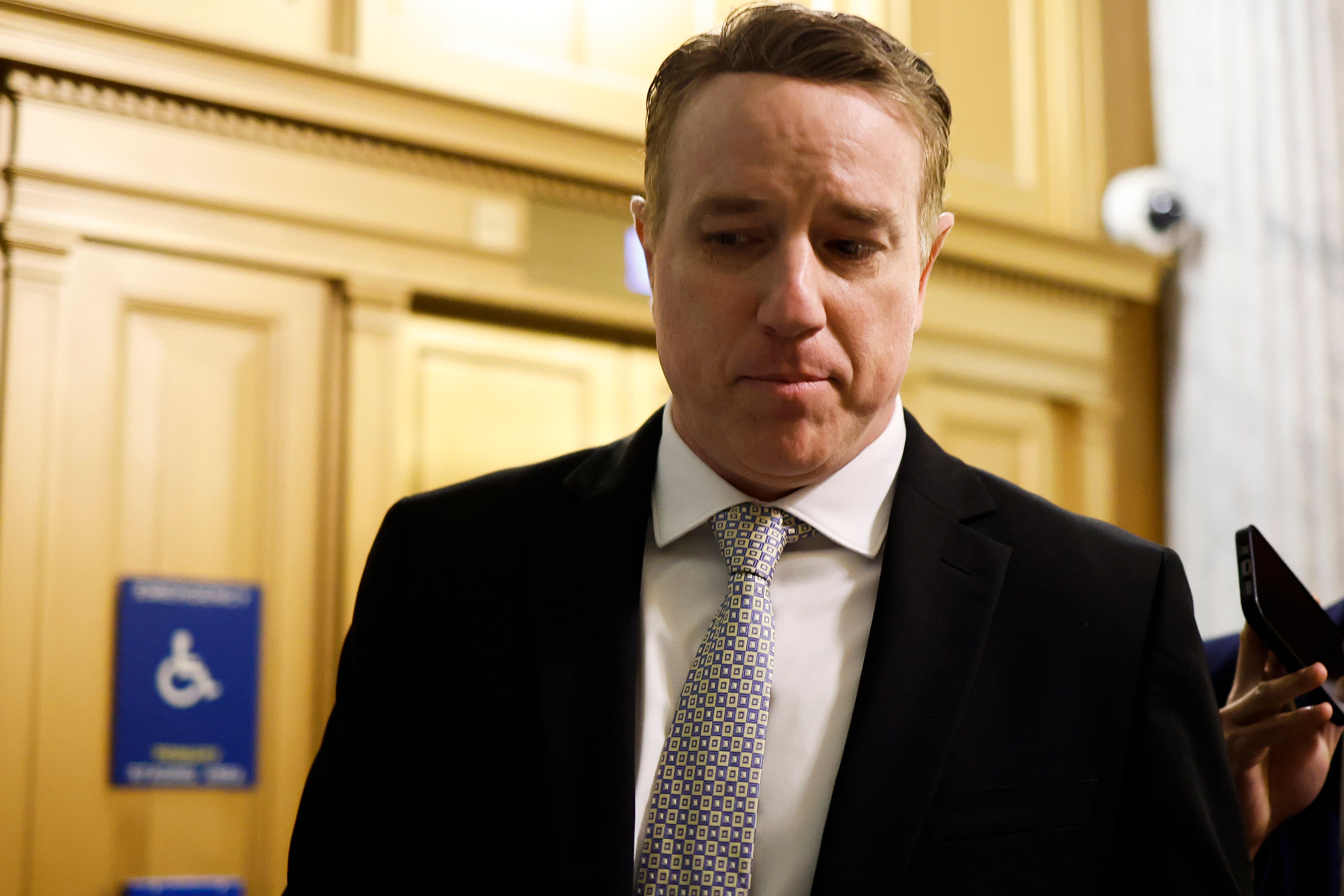Last year, House Armed Services Committee members focused on getting better pay and benefits for troops in their personnel policy discussions. This year, the goal is to help bring more troops into the ranks to enjoy those quality-of-life boosts.
“When it’s year over year and you’re not hitting your recruiting goals, that becomes a crisis,” Rep. Pat Fallon, R-Texas, the new chairman of the committee’s military personnel panel, said in an interview with Military Times. “Our greatest resource in the military is our personnel flat out, so we need to make sure we have great folks coming in.”
Fallon, an Air Force veteran in his third term in Congress, takes over the Armed Services’ personnel subcommittee after one of the most significant legislative years for troops and their families in decades.
Lawmakers in 2024 approved a massive pay raise for junior enlisted troops — set to go into effect this April — along with boosts to medical care access, day care opportunities and military spouse assistance programs, all in an effort to help boost recruiting and retention.
RELATED

The effort seems to be paying off already, with Army recruiting reporting strong numbers in the final months of 2024 and retention across the services continuing to remain strong.
But Fallon said his subcommittee already has plans for several more hearings on the topic, to see what other improvements can be made. That will include ways to improve outreach to young Americans to encourage them to enlist.
“That’s what we want to focus on,” he said. “We need access in the high schools. We need ROTC units to be allowed at all colleges. … If you get access to young people and they realize what the military can do for them, you’re going to get more people to consider it.”
Fallon said he is also working on a legislative proposal guaranteeing citizenship for immigrants who honorably serve in the military for six years. In the past, such military service has made the naturalization process easier, but not an ironclad promise.
He expects work on the annual defense authorization bill to start at the end of this month, with numerous hearings to follow. Fallon said he will push for several new recruiting and retention incentives in the annual measure, along with a variety of quality-of-life issues benefitting currently serving families.
“I think the recommendations from last year were wonderful, but I don’t think our work is done there yet,” he said, referencing improvements to military housing stipends that were not included in legislation in 2024.
The annual defense authorization bill typically takes 8 to 11 months to navigate through Congress, with the House Armed Services Committee unveiling its initial priorities typically in mid-May. Fallon said his panel will be closely monitoring policy priorities outlined by the White House to see how they can be included in the next bill.
Leo covers Congress, Veterans Affairs and the White House for Military Times. He has covered Washington, D.C. since 2004, focusing on military personnel and veterans policies. His work has earned numerous honors, including a 2009 Polk award, a 2010 National Headliner Award, the IAVA Leadership in Journalism award and the VFW News Media award.




